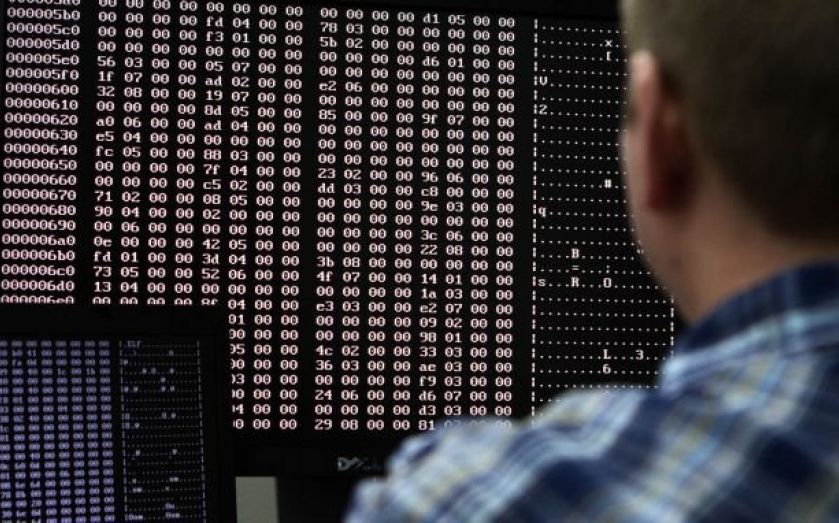Microsoft attempts to disrupt Middle East cyber crime rings

Microsoft has launched an attempt to crack down on cyber criminals in the Middle East by disrupting communications channels between hackers and infected PCs.
Sanctioned yesterday by a federal court in Nevada, the operation will work by targeting traffic involving malicious software known as Bladabindi and Jenxcus. They are both distributed by developers in Kuwait and Algeria.
According to Richard Domingues Boscovich, assistant general counsel of Microsoft's cyber crime-fighting Digital Crimes Unit, around 94 per cent of machines infected with the two viruses communicate with hackers through Vitalwerks servers. Vitalwerks is appealing to criminals because it prevents activities from being tracked easily.
Therefore, the court has ruled that Microsoft is allowed to disrupt communications between infected machines and Nevada-based Vitalwerks Internet Solutions.
Documents unsealed at yesterday's court hearing indicated that the malware works by allowing criminals to execute functions such as viewing a computer screen in real time, recording keystrokes, stealing passwords and listening to conversations. So far, it has been purchased by an estimated 500 customers.
It is the first time that high-profile malware has been created by developers outside of Eastern Europe, Boscovich said during an interview with Reuters. "We have never seen malware coded outside Eastern Europe that is as big as this. This really demonstrates the globalisation of cyber crime," he said.
He added that the malware was marketed by its Middle Eastern developers over social media channels such as Facebook and YouTube, where they posted videos showing how to infect PCs.
Microsoft will not be able to immediately say how many machines have been infected, but Boscovich believes the number could be significant.